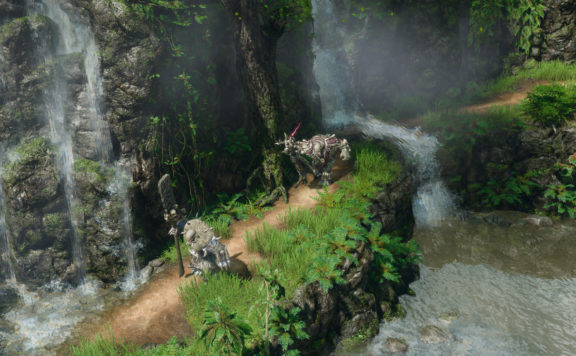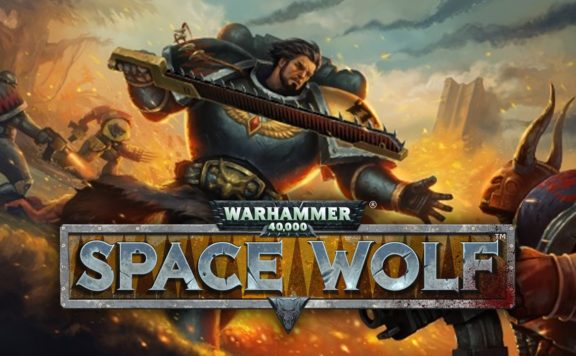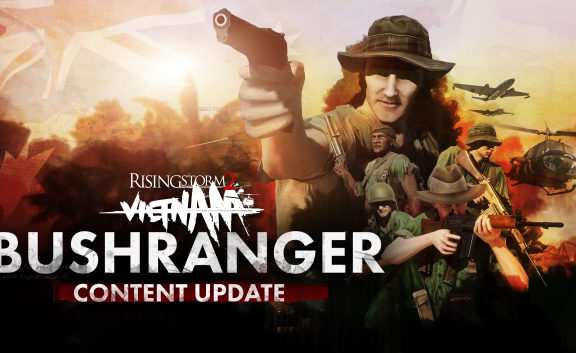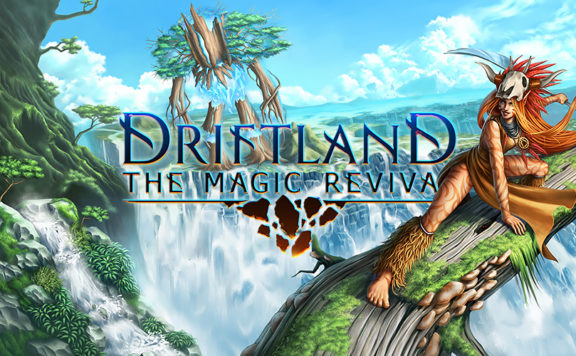There are two types of gamers out there – those who don’t get strategy games and those who don’t get what’s not to get. After all, how do you take the edge off if you don’t order tiny soldiers around the map at least once every week? Strategy games are a special genre built for a very specific group of people. At one point, they were THE video game genre. Then, they went downhill, and now… well, things look more optimistic. For all those who are wondering how their favorite video game genre is doing, here’s the current state of strategy games in late 2023.
The revamp of RTS
In the early 200s, RTS games were the name of the game. Everyone played Age of Empires, Sudden Strike, StarCraft, Warcraft, and many, many other video game franchises. Then, at one point, it just kind of stopped. The genre was pushed aside during the rise of console gaming (PS4 and Xbox 360), which is, let’s be completely honest, not very RTS-friendly.
While StarCraft II was still going strong, and even games like Company of Heroes had some decent numbers, few people even talked about this genre. Then, an unprecedented thing happened. Someone realized that games like Age of Empires II, even though more than a decade old, still had a consistent player base. Not only that, they had a strong multiplayer presence.
So, the Forgotten Empires studio released a decent add-on mod for Age of Empires II: The Conquerors in 2012, and it got such an incredible reception that the new expansion was inevitable. The game got a full graphic overhaul in the form of its Definitive Edition, and it’s still getting regular DLCs and updates. This has started an avalanche of these remakes like Warcraft III: Reforged, and even Age of Mythology is awaiting its remastered version.
Nostalgia is a force to be reckoned with, and it has revamped an entire genre without Age of Empires II post-mortem expansions. Who knows if Age of Empires IV would ever see the light of day? Now, some Blizzard fans can even hope to see the long-awaited Warcraft IV, especially since Microsoft Games acquired the mother company.
4X games
The 4X stands for explore, expand, exploit, and exterminate. This type of game, commonly seen in the Grand Strategy sub-genre, is as alive and kicking as ever. The sales of these games seem to be incredibly high even though many have a steep entry cost. Still, torrenting, aside from being unethical, is never safe, and if you do decide to take this route, you better have some of the latest antivirus software installed. So, why are these games so expensive?
The thing with these games is that they usually have a ton of DLCs (the Paradox model), which means that the base game plus all the updates may cost you as much as several hundred dollars. Only The Sims comes close. Games like Europa Universalis IV, Hearts of Iron IV, Victoria III, and Crusader Kings III are huge, and each of these DLCs brings some extra flavor.
Now, one of the most brilliant ways used to make these games more affordable is the introduction of the subscription system. Developers accurately estimated that most people who can’t afford these games will pirate them or give up on playing. So, a subscription model where they get a full game with all DLCs for a small fee sounds more than reasonable.
Another game worth mentioning is the so-called Dune: Spice Wars, a slightly simpler variant of 4X games for those who grew up on Dune II: The Building of a Dynasty as its spiritual successor.

RPG infiltration
This category has always been quite interesting, especially since it’s always been hard to delineate between turn-based strategies and RPGs. For instance, the cult-classic Heroes of Might and Magic is a turn-based strategy, but it also has some heavy RPG elements. This is not limited to turn-based games. Some might even argue that Warcraft III, especially its expansion bonus campaign, The Founding of Durotar, was the predecessor to all modern RPGs.
The next step in this long line is the direction that the Total War franchise took. Since Total War: Warhammer, strategy games have been heavily intertwined with many RPG elements. Skill trees, experience, etc., are some popular mashups. It doesn’t stop with Warhammer. Even some of the latest historical Total War games have this hero-oriented model in their games. Then, there’s the X-COM series that you could classify as both strategy and RPG.
This infiltration will, beyond doubt, carry on in the future. Still, this is not everyone’s cup of tea, and many strategy purists argue that – if they wanted to play an RPG, they would have played an RPG. It’s all just a matter of perspective.
City builders
This genre is still going strong. Sure, its flagship, SimCity, may be long without a sequel, but its spiritual successor in Cities Skylines is receiving the Paradox DLC treatment, and it won’t soon run out of sequels.
In the past, there were so many amazing historical city builders like the Caesar and Pharaoh series. Even fantasy-inspired historical games like Zeus had a decent success. In the past decade, this entire genre has been on the shoulders of the Anno franchise.
Relatively unknown studios released titles like Banished and Final Frontier but are showing some incredible numbers. Also, everyone eagerly awaits the sequel of Frostpunk, a game that took the city builder-survival hybrid to a new level.
One unique thing about this genre is that it defies the laws of modern game development. You see, many people are criticizing the video games industry, saying that it’s “dumbing down” the gaming world. For instance, the drop in complexity in the RPG genre (Morrowind to Oblivion to Skyrim) is easy to see; however, in City Builder, the audience expects a complex game. The more complex, the better. A perfect example of how extreme this can get is the success of games like Dwarf Fortress and Rimworld.
One last thing worth mentioning is the newly-released Gord, an incredible city-builder-RPG hybrid.
Turn-based games
Ultimately, it’s time we address the most addictive video games – turn-based games. The genre’s grandfather, Sid Meier, explained the addictive nature of these games through a simple phenomenon of micro rewards that give you an instant serotonin hit. You see, to do the X thing you want, you must complete the Y thing. However, completing the Z task is a prerequisite to the Y activity, which is why you have to do it first. With each task you complete, you enjoy more of the game, which usually results in a phenomenon known as “one more turn.”
This is a strategy game sub-genre with the least activity. Aside from Civilization VI and a few great indie titles, there’s not much going on here. Still, there are a few indie ripoffs of Heroes of Might and Magic worth checking out. The Indie game field is so rich that there’s something there for everyone.
Strategy games are making an unexpected comeback
The truth is that the strategy games genre has its niche audience that never really abandoned it. These people played strategy games even when there were no new titles. What did they play? Their favorite old games. It’s not uncommon for a strategy game player to stick to a single game for several decades.
It was just the wrong time for strategy games. Strategy games are not made for consoles, and strategy gamers are predominantly single-player-minded. Neither of the two concepts sit well with present-day gaming. Still, against all odds, strategy games are alive and kicking, and they seem to be better than ever.







